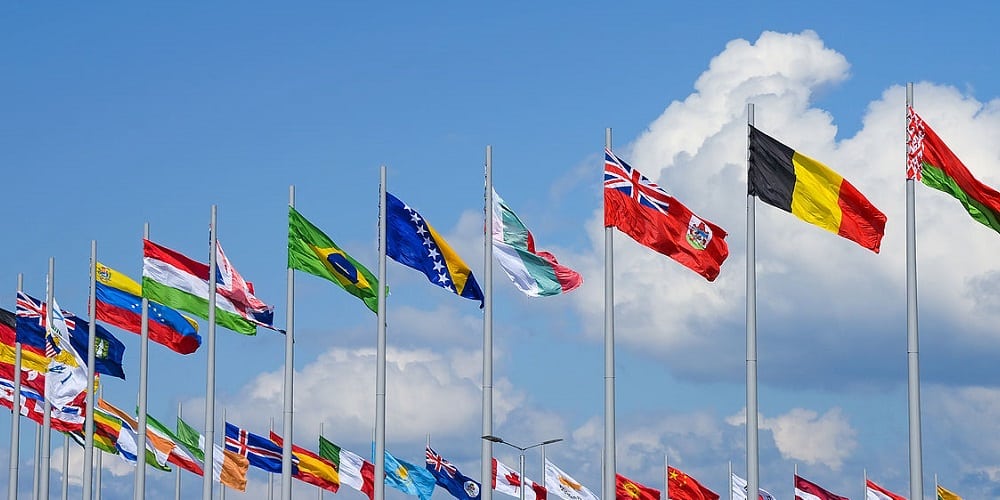In response to a question by Alex Au, a renowned Singaporean blogger, on whether the current regime is post-ideological, local sociologist and Provost Professor at the Department of Sociology at the National University of Singapore, Professor Chua Beng Huat said that the pragmatism espoused by the People’s Action Party (PAP) government is very much ideological, contrary to what is often believed even by some academicians.
Speaking at the book launch of “The Naysayer’s Book Club” at Straits Clan on 2 June, despite the current Singapore government’s apparent portrayal of itself as a post-ideological one, he believes that “no government is ever post-ideological.”
This is because he believes that the PAP has been placing economic progress under capitalism at the heart of its rule for many decades.
However, he argued that espousing “rational” and “practical” policies does not exempt the government from being an ideological one, as a “clear choice of values” has always been made “at the expense of other human values” in a bid to achieve economic success as a nation.
He added that “capitalism” in itself “produces inequality” through the way it is set up.
He followed his statement with the argument that the real question should not be whether a capitalistic society results in an unequal one, but rather one that examines “how bad” the inequality is.
He highlighted that “Singapore is a very rich country. There is no reason for anyone to be poor.”
“Poverty in Singapore is not a financial problem,” he said.
“It is an ideological problem […] because it has [made] certain assumptions of how human nature is.”
He stated that these false assumptions have continued to “haunt the [PAP} government” to date.
Professor Chua noted that despite the PAP’s beginnings as a “Social Democratic, left-wing” party that encouraged policies such as public housing and land reforms, the party’s direction took a turn after the late Lee Kuan Yew’s visit to Hong Kong in the 1970s.
The then-Prime Minister’s change in mindset was inspired by the Hong Kongers’ tenacity, in spite of the lack of economic support by the colonial government at the time.
Professor Chua said that Lee Kuan Yew “very clearly said that he made a U-turn on welfare reserve” because it was believed that “if you don’t cut back on welfare, people get lazy”.
The same mindset has shaped the PAP’s governance since then, and is still being upheld to this date.
Professor Chua added that some academics have “unfortunately” contributed to the belief that “being pragmatic in the PAP way can never be ideological,” seeing how, according to him, the PAP’s policies are primarily “about valourising the economy over other human values”.
He also mentioned how dissenting voices have pointed out the absence of “humanitarian values” in such policies.
He concluded with a rather grim forecast, stating that he does not anticipate major change “from the coming fourth generation” in terms of redefining the discussion that revolves around capitalism, inequality, and poverty in Singapore society.







